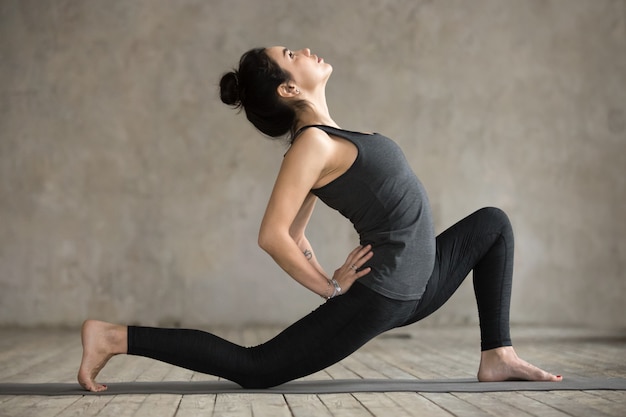
Yoga isn’t just about being super flexible; it’s actually great for your memory, heart, and bones. Nowadays, people in the UK are spending around £790 million a year on yoga classes and mats. Though some versions of yoga, like rage or dog yoga, might seem bizarre, scientific evidence increasingly supports its benefits.
For instance, researchers at UCLA discovered that a three-month yoga and meditation course was more effective than memory exercises at reducing age-related brain changes. Another study found it improved sleep for breast cancer survivors.
Lucy Edge, a former advertising executive, experienced severe depression and chose yoga over anti-depressants. After a six-month trip to India to learn yoga, she returned feeling happier and more content. She has since written multiple books on yoga and founded Yoga Meds, a resource for clinical trials on yoga’s benefits.
If you’ve been using crossword puzzles or Sudoku to keep your brain sharp, it might be time to try yoga. UCLA research compared yoga and meditation with memory exercises in adults over 55 and found that yoga not only boosted memory but also reduced depression, anxiety, and stress. Participants in the study practiced Kundalini yoga and Kirtan Kriya meditation.
Yoga can also support heart health. A review published in the European Journal of Preventative Cardiology found yoga could lower heart disease risk as much as traditional exercise. Reducing stress through yoga can help lower blood pressure and heart rate, both of which are linked to heart disease. Gentle yoga poses and restorative yoga can be a great way to start.
For back pain, yoga has shown remarkable results. Musculoskeletal physiotherapist and yoga teacher Sarah Shone developed classes for back pain, with 87% of participants reporting reduced pain. Yoga can help with incontinence by targeting pelvic floor muscles and increasing bone density since it involves weight-bearing poses. If you’re new to yoga, it’s best to choose gentler styles like Hatha or Iyengar and inform your instructor about any health issues.
When it comes to choosing a yoga mat, consider factors like where you’ll use it and whether you need to carry it around. Thickness is important to protect your joints. The Elephant Cork Yoga mat from Valka Yoga is a good option—it’s eco-friendly, renewable, and offers great joint support due to its 3mm thickness. It’s also antimicrobial and odor-resistant, making it ideal for sweaty sessions like hot yoga.
Yoga blocks can help with more challenging poses, offering additional support and stability. Cork blocks are particularly popular for their grip and stability, making them a good choice despite being heavier than foam.
If you’re looking for specific types of yoga, here are some recommendations:
– Yin or Restorative yoga: Great for relaxation and often done with props like blankets.
– Vinyasa Flow: Energetic and links postures with breath.
– Iyengar: Precise, focuses on alignment, and uses props.
– Anusara: Focuses on alignment with flowing movements and upbeat music.
– Yoga Therapy: Tailored to help heal injuries or illnesses.
Remember, whether you’re just starting out or are more experienced, yoga can offer numerous health benefits.